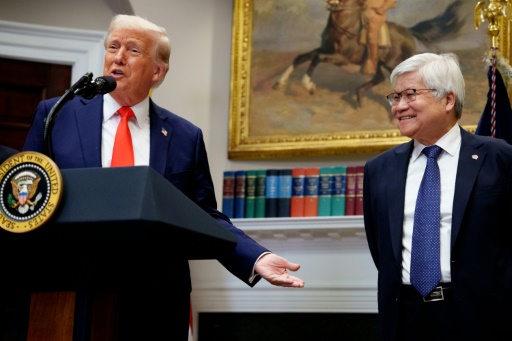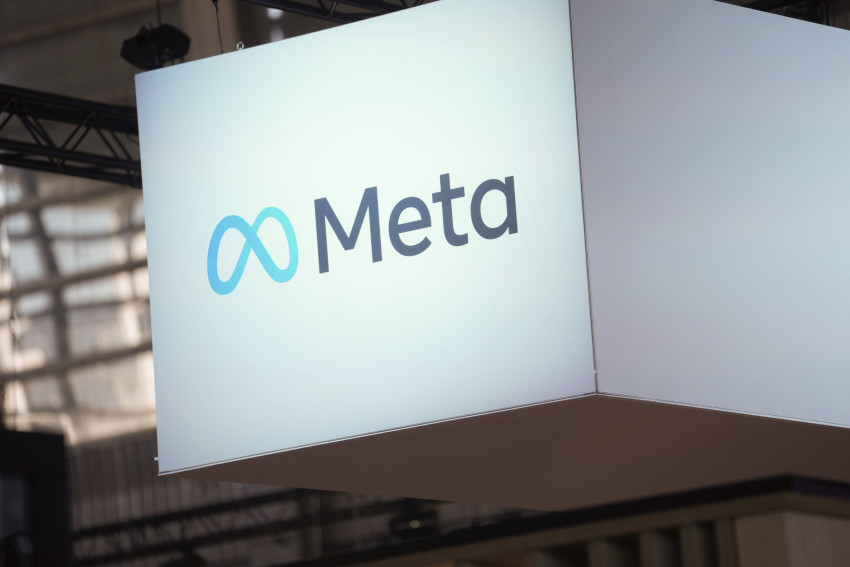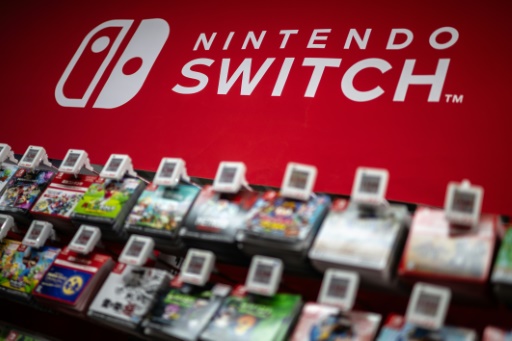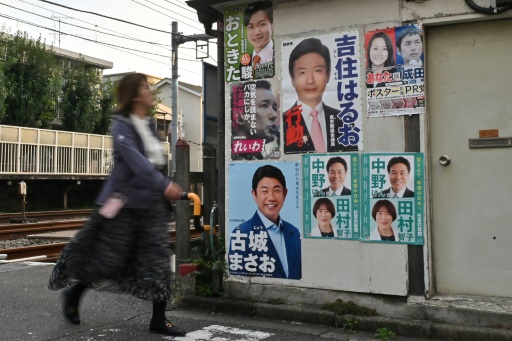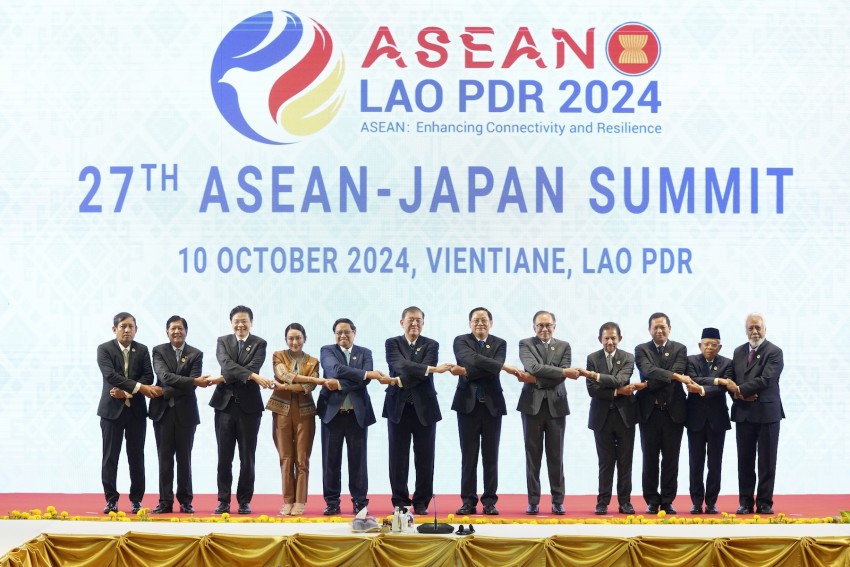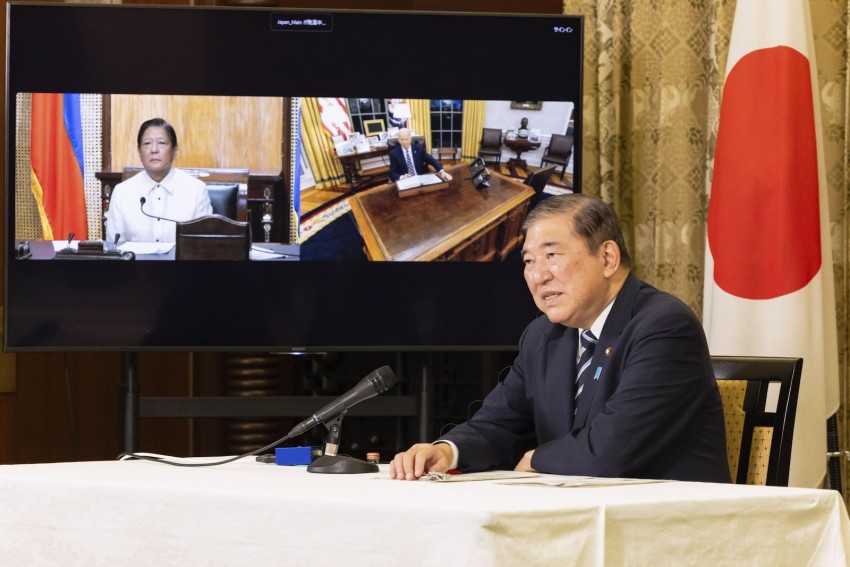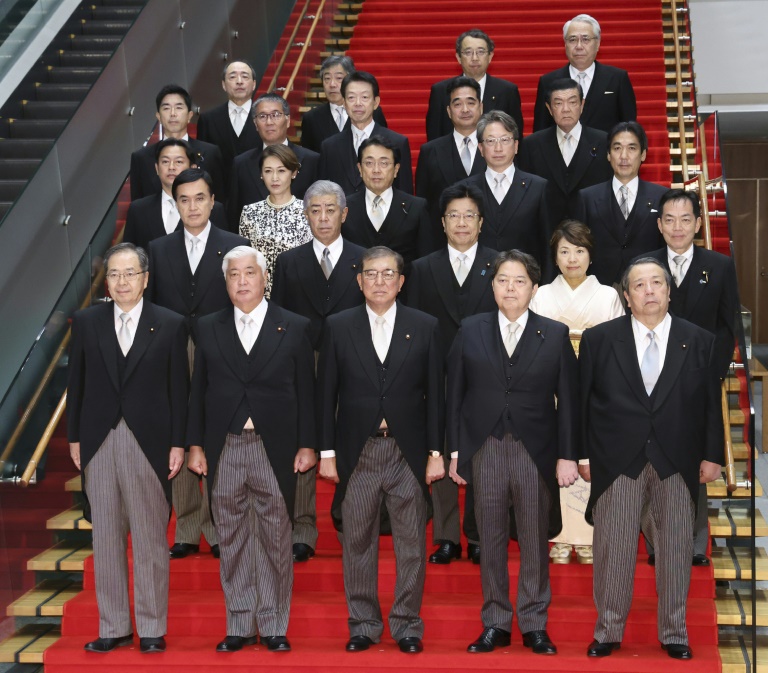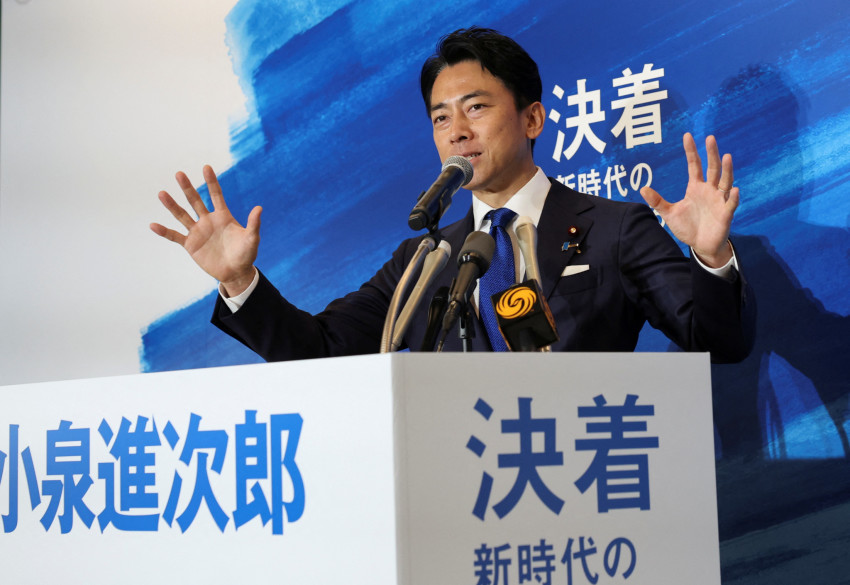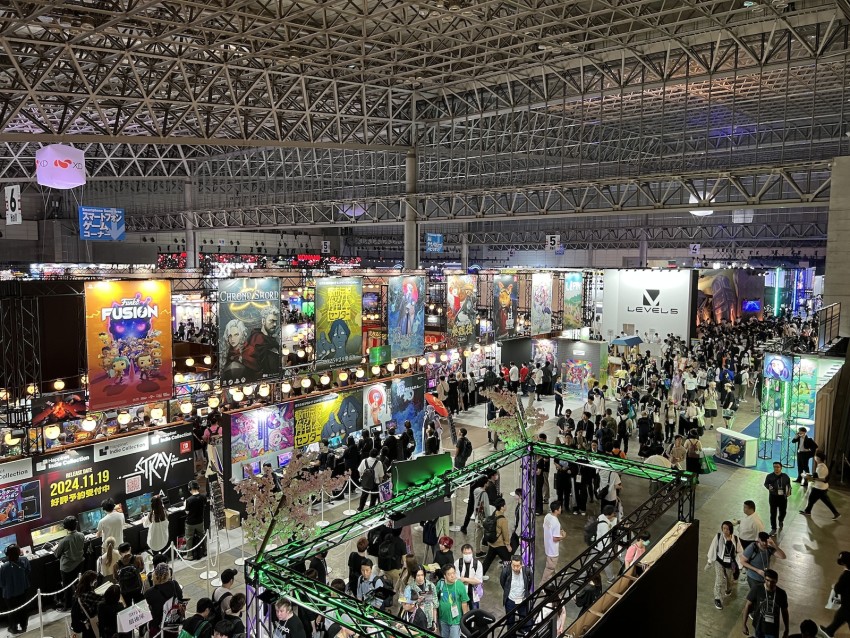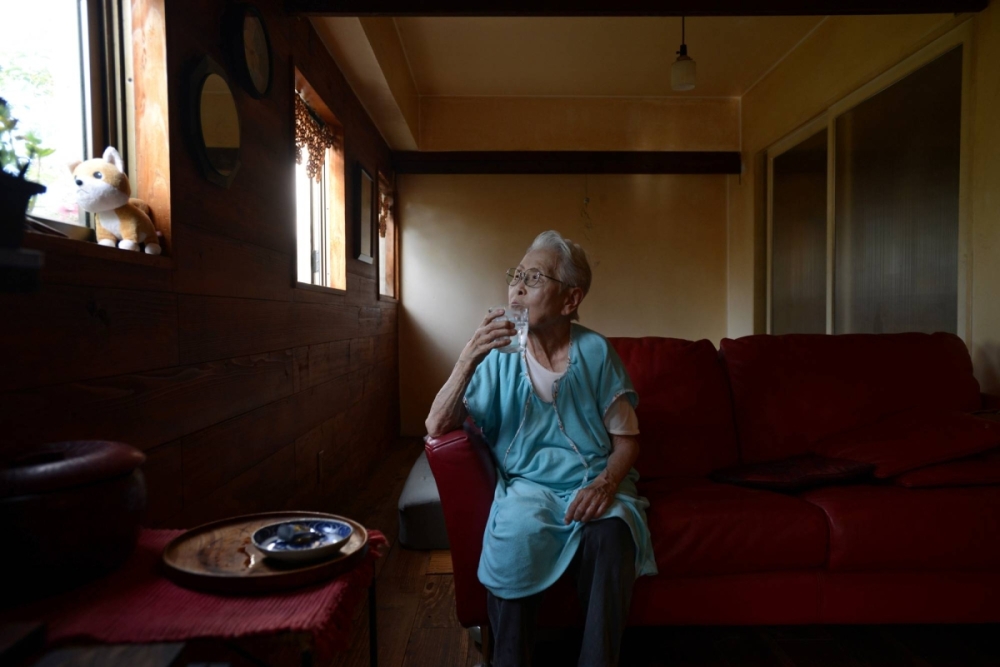Out-of-pocket costs for off-patent drugs to rise in October
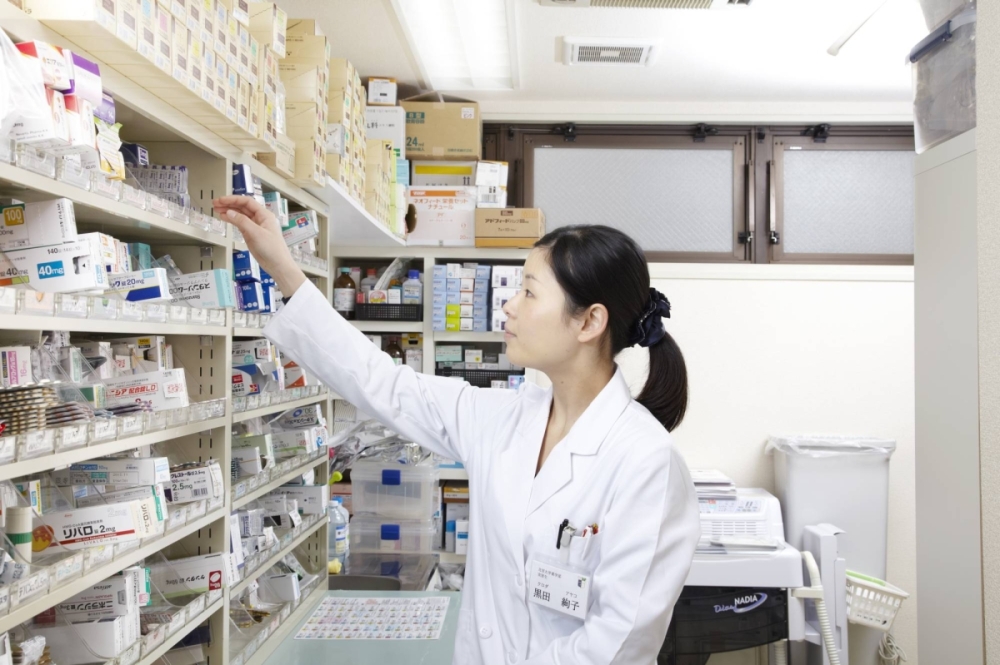
A system revision in Japan in October will increase out-of-pocket expenses for patients who choose the original version of drugs with expired patents over their generic counterparts.
The revision is aimed at reducing the country's overall medical costs by promoting the use of generic drugs, which have the same efficacy as the original drugs but are cheaper. Moisturizing ointments and patches are among the 1,095 items to be affected by the revision.
Pharmacies and healthcare facilities are urging patients to be aware of the change to avoid confusion.
Under the revised system, patients will shoulder a quarter of the price difference between original and generic drugs in addition to their out-of-pocket expenses, which generally range from 10% to 30% of medical costs.
However, the revised system will not cover cases in which doctors prescribe brand-name drugs or when generic alternatives are not available at pharmacies.
As a result of the government's promotion of the use of generic drugs, the penetration rate for such drugs has reached about 80% on a volume basis. However, on a value basis, it was only 56.7% in 2023.
As medical costs are expected to continue to rise due to the country's aging population, patients who stick with brand-name drugs will be asked to pay additional costs.
The 1,095 items subject to the new system are drugs for which generic alternatives were released more than five years ago, or for which usage rate of their generic alternatives has exceeded 50%.
The health ministry expects the system revision to reduce annual government spending by ¥11 billion and will consider using the saved amount to support drug development.

